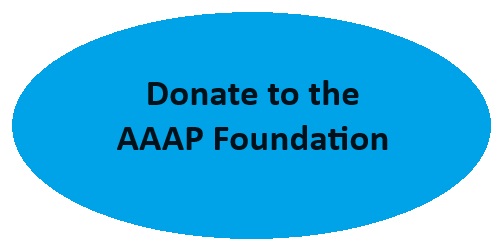- About
- Journal
- Bookstore
- Committees
- Events
- Advocacy
- Awards
- Donate to the AAAP Foundation
- Bayer-Snoeyenbos New Investigator
- Calnek Applied Poultry Research Achievement
- Excellence in Mentorship
- Hall of Honor
- Life Membership
- Lasher-Bottorff Award
- Outstanding Animal Welfare Presentation Award
- Outstanding Field Case/Diagnostic Report
- Phibro Excellence in Poultry Research
- P.P. Levine Award
- Reed Rumsey Student Award for Advancement in Avian Medicine
- Rimler Graduate Student Award for Excellence in Poultry Disease Research
- "Rosy" Rosenwald Student Poster
- Special Service Award
- Y.M. Saif Award for Best Case Report in Avian Diseases
- Scholarships
- Donate to the AAAP Foundation
- Apply for a Scholarship
- Foundation Giving Guilds
- AAAP Travel Grant for Veterinary and Undergraduate Students
- AAAP Foundation Poultry Scholarships
- AAAP Foundation Externship Program
- AAAP Foundation/Merck Animal Health Veterinary Student Scholarship
- AAAP Foundation/Elanco Memorial Scholarship
- AAAP Foundation/Cobb Scholarship
- Poultry Graduate Student Travel Grant
- L. Dwight Schwartz Veterinary Student Travel Award
- News
|
Virtual Education Available on the AAAP Learning Management Site for Continuing Education Credit. AAAP and ACPV are offering educational modules for our members and all those working in the field of poultry health. Some of the programs have been approved for continuing education credits in jurisdictions which recognize Registry of Approved Continuing Education (RACE) approval. Programs that have received final RACE approval are listed individually along with the number of CE credits allowed. AAAP Learning Management SystemTo receive CE for you must view 70% of the videos within the course. Once completed, you will receive an email with your certificate, but you can also download a copy at any time by clicking on “My Certificates” under the “My Account” button at the top right of this page. If you are a AAAP member you can also view your CE from www.aaap.info by selecting the “View My CE” button under the “Member Services” dropdown once logged in.
Virtual Education Done in Partnership with Other Organizations
|


